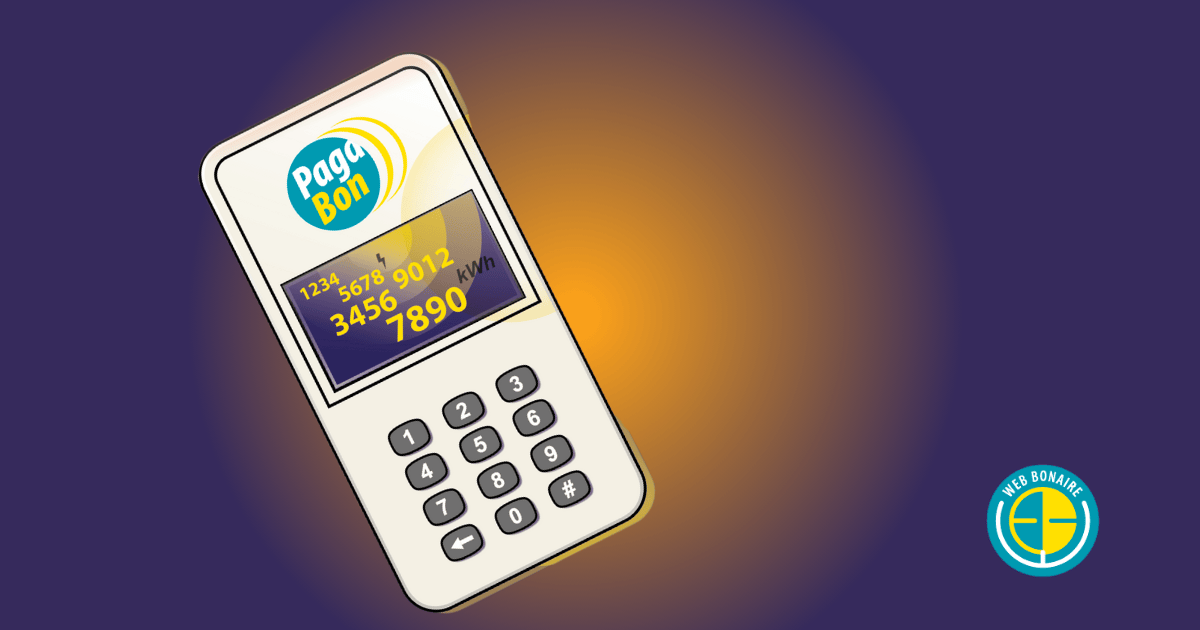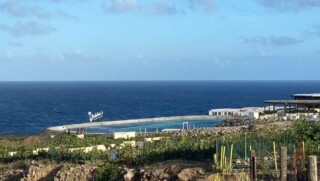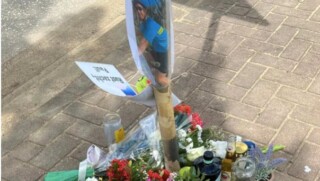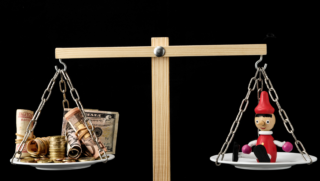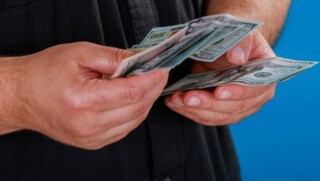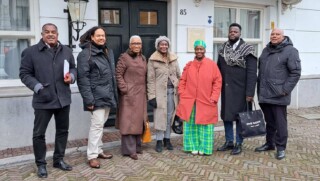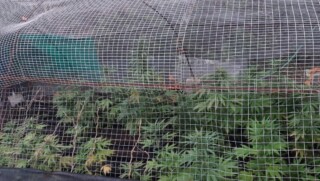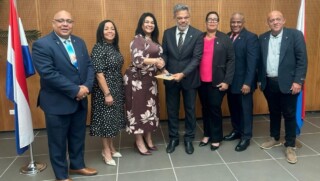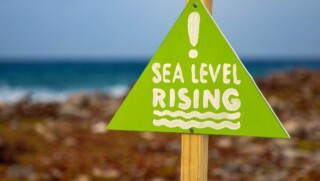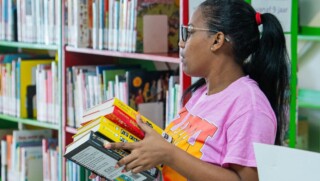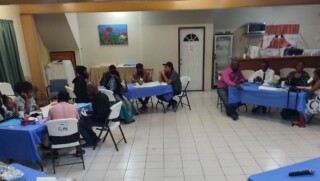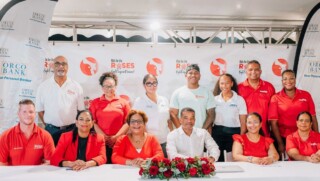Letter to the Editor: Financial support to WINAIR

Dear Editor,
The granting of financial liquidity support by the Dutch Government in the form of a $3 million loan has apparently already brought about something in the Caribbean part of the Kingdom. The media, both in the Netherlands and in the Caribbean part of the Kingdom, paid extensive attention to it in recent days. In addition, questions were asked by a representative of the Dutch Parliament.
In a letter dated 31 December to the House of Representatives of the Staten Generaal, the Minister of Infrastructure and Water Management, Cora van Nieuwenhuizen, gives a clear explanation as to how and why this mortgage loan to Winair is being provided. As can be concluded from the letter it is not a free ride for Winair. This is a mortgage loan with, as collateral a building belonging to Winair, with an interest rate of 4.41%. That money, including interest, must in principle be recovered and repaid within 18 months. Curbing the COVID 19 virus in the very short term and thereby restoring the number of air movements is essential to be able to realistically complete this timeline.
The Dutch State is a 7.95% shareholder in Winair. This was determined at the time in the run-up to the dismantling of the Netherlands Antilles based on recommendations by the Boedelscheiding Commission. For the Netherlands, the argument at the time and presently, that according to the letter it was in the public interest of maintaining the air connectivity with Saba and Sint Eustatius. The Netherlands therefore (apparently) has an interest in maintaining the connections and thus guaranteeing air connectivity. Before the outbreak of the COVID pandemic in March of last year, Winair served not only the windward islands, but also Curaçao and via Curaçao, Bonaire and Aruba. A direct connection between Sint Maarten and Bonaire v.v. proved not viable due to the lack of sufficient passengers. Winair’s development of the various routes contributed to improving the connectivity of the Caribbean part of the Kingdom; a gap left behind after InselAir had to cease services because the AOC was not renewed. No one can have escaped the fact that, following the loss of InselAir, connectivity has been greatly disrupted, which is also reflected in the development of transport figures over the past 10 years. The important role of Winair in transport within the Caribbean part of the Kingdom can therefore not be denied and the Dutch support based on a public interest in the maintenance of air links underlines this assertion. Moreover, the Government of Sint Maarten, as a major shareholder, and within the island’s financial capabilities, has given salary support to Winair to cope with the consequences of COVID and the decline in services.
Has this loan created a situation of (unfair) state aid at the expense of the other airlines operating in the Caribbean? I do not think so. Aruba and Curaçao, for example, are free to give their “own” airlines a financial boost too. However, unlike Winair, all companies are in private hands and the request for aid must therefore come from these private entities. The agreements concluded by the Netherlands with both countries for a third tranche of financial support in the last quarter of 2020 are certainly possible. I don’t know whether Aruba Airlines, DiviDivi, EZAir and Jetair have knocked on their respective governments’ doors. I would also like to stress once again that this is a loan which must be paid back neatly and preferably on time and with the agreed interest rate. The mere fact that Winair also serves a French territory means that this Dutch support has been extensively tested on the compatibility of EU state aid laws and regulations. The conditions of the financial support include an obligation for Winair with a minimum level of operations to Both Saba and Statia. What other society within the Kingdom has this obligation? This is a rhetorical question, by the way; none.
The Minister for Infrastructure and Water Management ends her letter to parliament by saying that it will explore how long-term connectivity will be guaranteed. The research carried out by Peter Hartman, former CEO of KLM, with the participation of all parts of the Kingdom, into connectivity within the Caribbean part of the Kingdom has clearly shown that routes within the Caribbean part of the Kingdom can be considered thin in absolute numbers, whereby the market mechanism does not work optimal. His committee, which was set up at the beginning of 2017 on the proposal of Ministers Rhuggenaath (at that time Minister MEO) and Romer (VVRP) of Curaçao, makes a number of suggestions on how to improve the sustainability of the operations between the islands and countries at affordable rates. Setting up a kind of public service obligation, as provided by the Foundation for Economic Research (SEO) to the Commission, is certainly worth discussing further, but at the same time let the policy makers from the islands and countries in the Kingdom look at the level of fees that the various actors in the value chain charges the airlines concerned, so that the supposedly high fares that are charged to the passenger can be put into perspective. By merely comparing fares in the Caribbean with the fares charged to passengers in Europe, among others, without proper substantiation, the discussion remains mired in expressing pure emotions which does not do justice to the importance of air connectivity forming the lifeline of and between the countries and islands of the Caribbean part of the Kingdom. A great challenge for the governments after the elections in both the Netherlands and Curaçao in March.
Hans de Jong
Supervisory Board Member of Winair
Also read
- Vacancy Team Coordinator Supervision
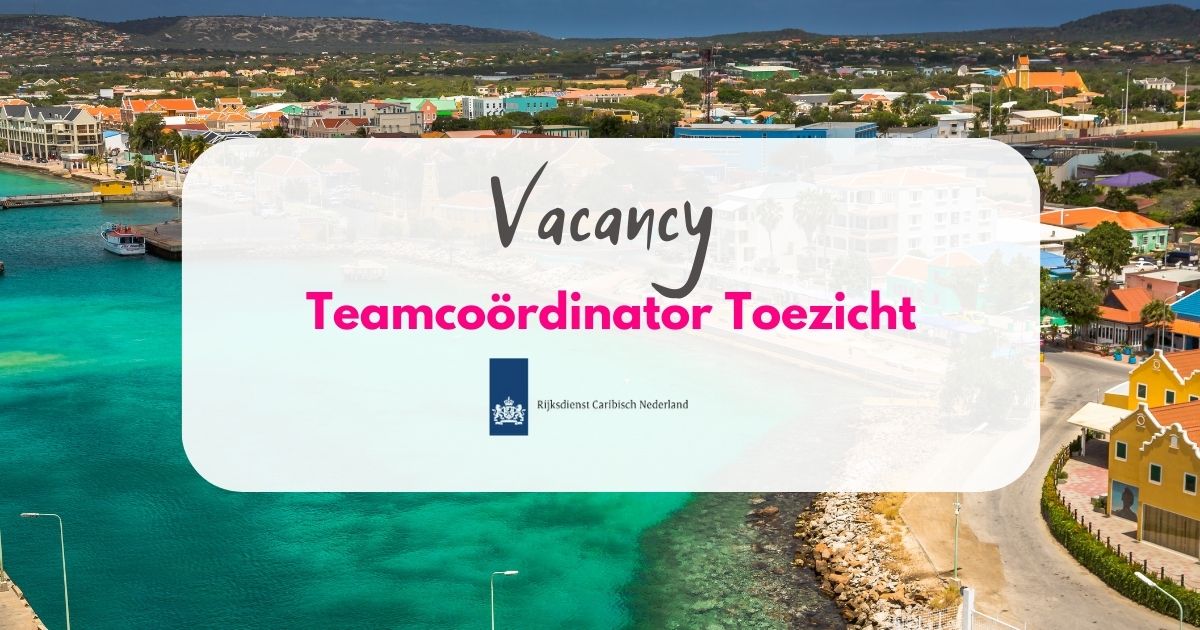
- Tourism Growth Bonaire Continues in January

- Commemoration Committee for Slavery Past Strengthens Recognition and Awareness
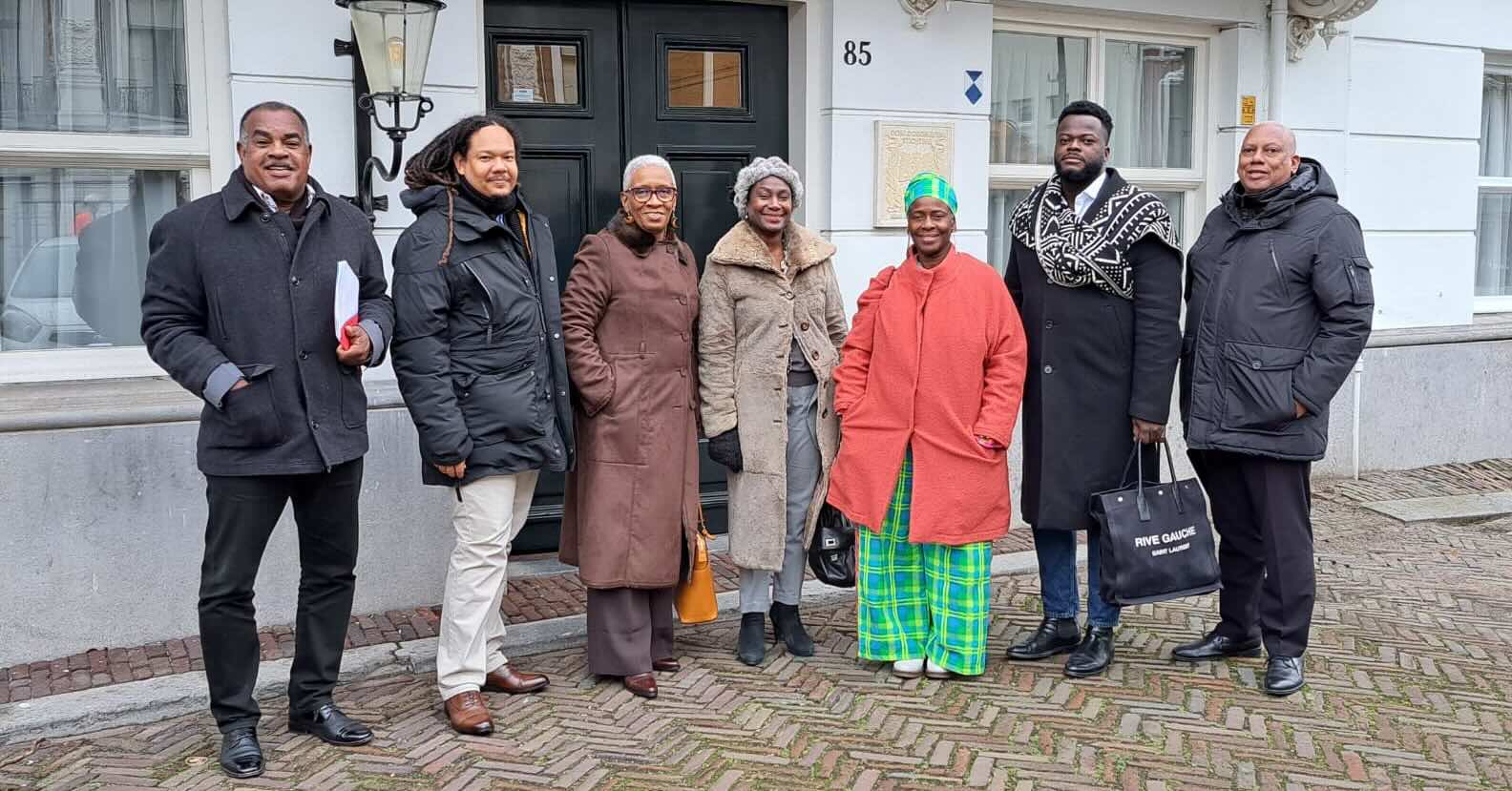
- Police St. Maarten Shut Down Large Marijuana Plantation in Cul-de-Sac
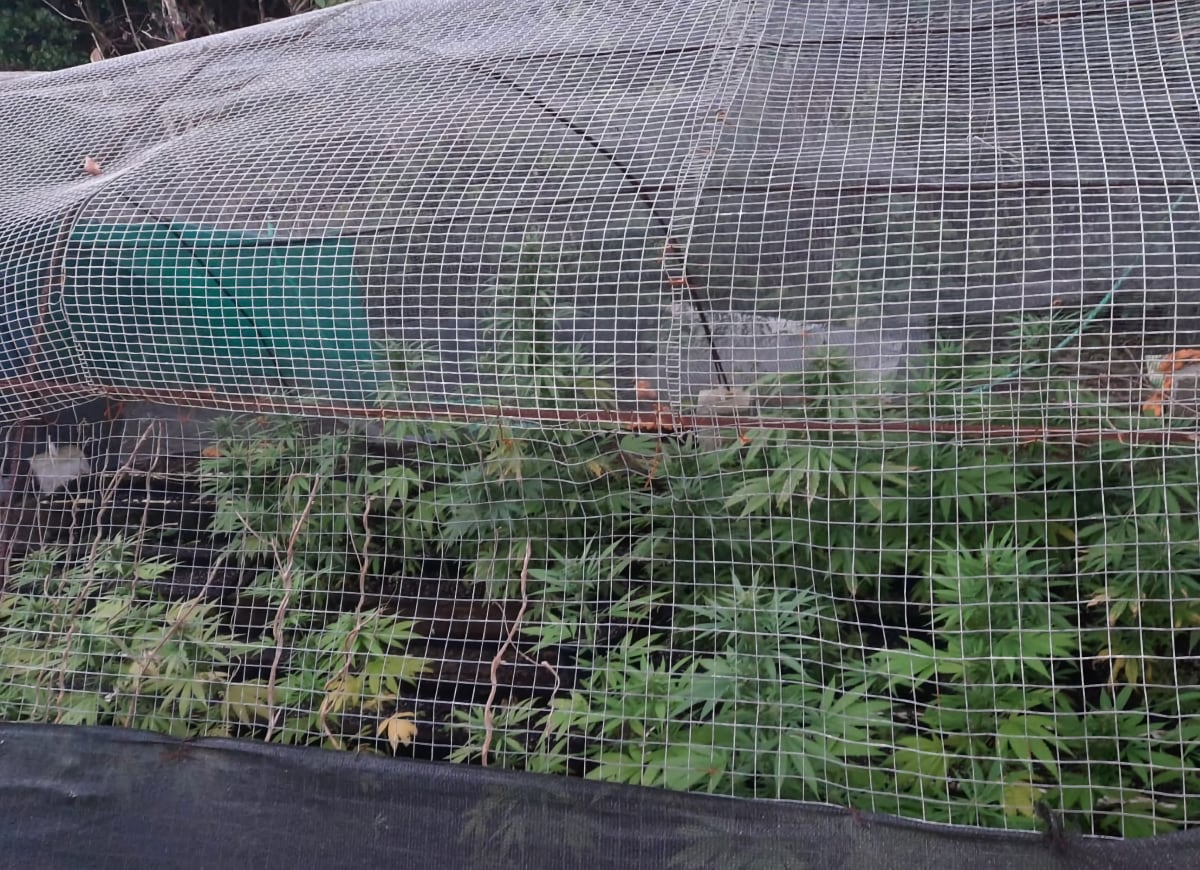
- Pagabon Update
